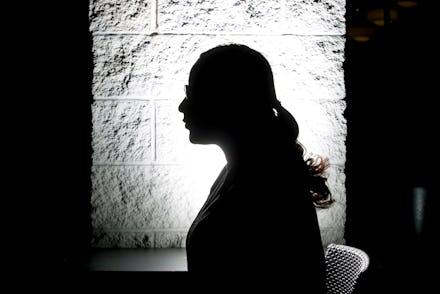Supreme Court Abortion Case Could Have Major Implications for Anti-Abortion Legislation

The United States Supreme Court will begin reviewing a challenge to a Texas law on Wednesday, which would essentially shut down the majority of abortion clinics in that state. The outcome could have big implications not just for Texas, but for the rest of the U.S. as well. The motion follows anti-abortion legislation in Texas which has already successfully shut down the majority of over 40 abortion clinics, with only 18 remaining for the state's 5.4 million women within reproductive age, USA Today reported Wednesday.
Of course, the passing of Justice Antonin Scalia is throwing a major wrench into the now eight-member court. If the state legislation is upheld, only 10 Texas abortion clinics will remain. While there are four left-leaning Supreme Court justices already assumed to oppose the anti-abortion bill, three conservative judges are believed to be voting the opposite, with the fate of the decision resting on Justice Anthony Kennedy.
Read more: This New Study Reveals the Surprising Truth About Abortion in the United States
Kennedy's opinion on the bill is still unknown, though the Texas legislation is nothing new. 24 states impose abortion regulations which surpass the standard level of clinical regulations, with details being so specific in an effort to close as many abortion clinics which don't comply as possible, according to the Guttmacher Institute's "State Policies in Brief."
The specifics in those legislation force clinics to sometimes meet ambulatory surgical center licensing standards, require specific measurements on procedure room sizes and even set distances from hospitals.
If the majority of Supreme Court justices decide the measures provide an "undue burden" for women seeking an abortion, or block any part of the Texas legislation, it would effectively strike down the bill entirely and set a major precedent for conservative states with anti-abortion bills on the table.
The precedent would also provide challenges in those 23 other states a greater advantage in court. And it all depends on Kennedy.